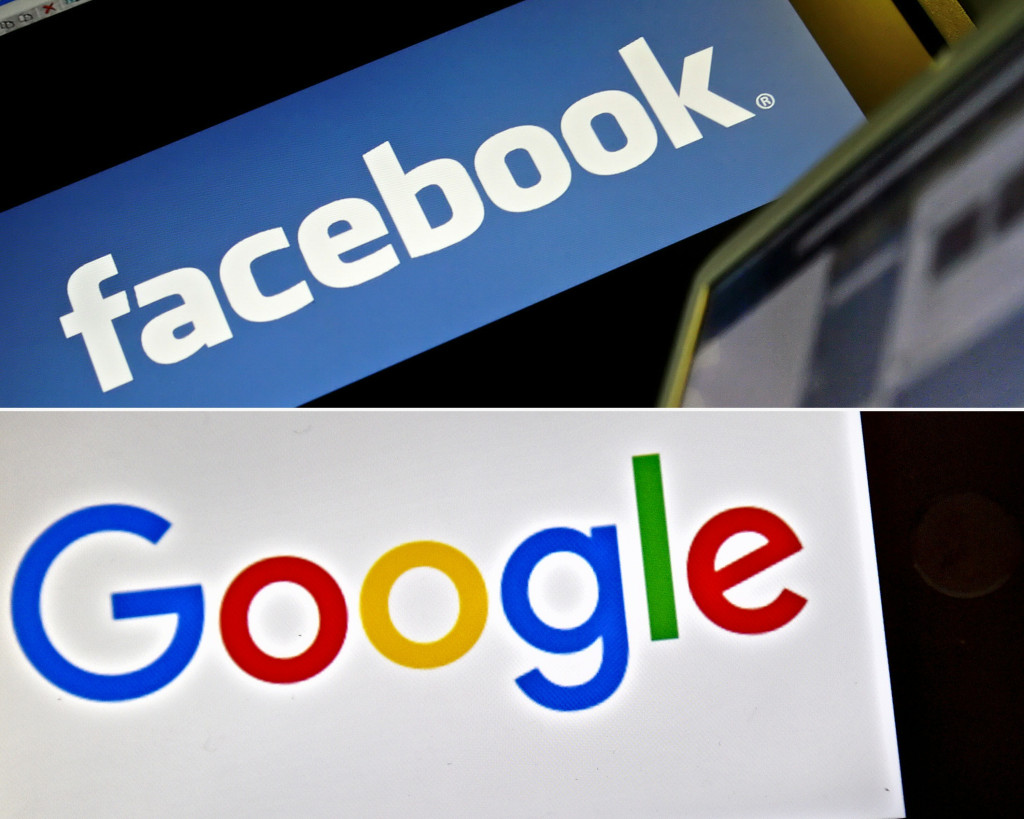PARIS — France on Thursday adopted a pioneering tax on internet giants like Google, Amazon and Facebook despite U.S. threats of new tariffs on French imports if Paris went ahead with the plan.
Late Wednesday, the Trump administration announced an investigation into the tax under the provision used last year to probe China’s technology policies, which led to tariffs on $250 billion worth of Chinese imports.
“Between allies, we can, and we should, solve our differences without using threats,” Bruno Le Maire said just ahead of the final vote in the French Senate. “France is a sovereign country. It will make its own sovereign decisions on fiscal measures.”
The tax amounts to a 3% annual levy on French revenues of digital companies with yearly global sales worth more than 750 million euros ($844 million) and French revenue exceeding 25 million euros. The tax primarily targets those that use consumer data to sell online advertising.
“Each of us is seeing the emergence of economic giants with monopolistic attributes and who not only want to control a maximum amount of data and make money with this data but also go further than that by, in the absence of rules, escaping taxes and putting into place instruments that could, tomorrow, become a sovereign currency,” Le Maire said.
The French Finance Ministry has estimated that the tax would raise about 500 million euros annually ($563 million) at first — but predicted fast growth.
The tech industry warns consumers could pay more. U.S. companies affected included Airbnb and Uber as well as those from China and Europe.
The U.S. investigation got bipartisan support from the top members of the Senate Finance Committee. In a joint statement, Republican Chuck Grassley of Iowa, committee chairman, and Democrat Ron Wyden of Oregon said: “The digital services tax that France and other European countries are pursuing is clearly protectionist and unfairly targets American companies in a way that will cost U.S. jobs and harm American workers.”










